Automotive Cells Company (ACC), with its shareholders Stellantis, Mercedes-Benz and Saft, a subsidiary of TotalEnergies, has raised €4.4 billion ($4.7 bn) in debt funding for the construction of three gigafactories in Germany, Italy and France.
The funding will be used to develop four blocks of production in addition to the Gigafactory currently in operation in Billy-Berclau, France. An additional production block will be added to the facility in Douvrin, with two more production blocks in Italy and a further block in Germany.
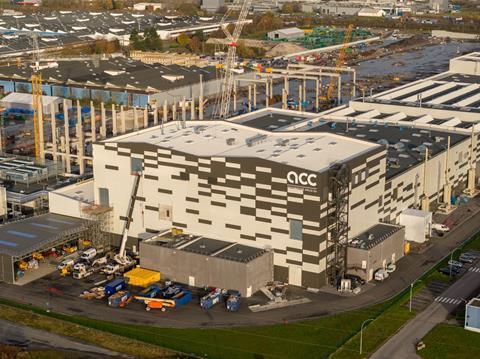
The debt package will contribute to the financing of these facilities and is fully underwritten by a consortium of commercial banks including BNP Paribas, Deutsche Bank, ING and Intesa Sanpaolo, and is supported by Bpifrance, Euler Hermes and SACE.
The three shareholders are working with ACC by participating in a capital increase (issuing new shares to finance investments). By the end of March this year, with the next capital injection, Stellantis will own 45% of ACC’s shares, with Mercedes-Benz owning 30% and Saft 25%.
ACC officially opened its battery gigafactory in France in June last year. With the capacity to produce 56,000 battery cells per day, or more than 2.4m modules per year, the company says this is the equivalent of 200,000 to 300,000 cars per year, depending on the type of vehicle and the battery capacity. The site was built in 17 months at a cost of €800m. The first of three blocks contains 20,000m2 of dry rooms, 16 (1,600-litre capacity) mixers, five (90-metre) coating lines and between 10-12 ovens for each coating line.
Kaiserslautern in Germany will be ACC’s second gigafactory, and like Billy-Berclau it will produce lithium-ion battery cells and modules. The 34 hectare site is based near Stellantis’ factory. Production is set to begin in 2025 with an initial capacity of 13.4 GWh and will eventually rise to 40 GWh, enabling production of more than 600,000 EVs per year.
In Termoli, Italy, ACC will open its third Gigafactory, which will also produce 40 GWh. Discussions between ACC and the Italian authorities are still underway, but the factory should employ around 2,000 workers by 2030. The battery company said the location of the Italian Gigafactory was suggested by Stellantis, on the brownfield site of the FCA production facility that was established in 1972.
ACC said the recent funding will accelerate its development and strengthen its position as a key player in the battery industry to equip high-performance, low-carbon electric vehicles.
“The transition to the electrification of vehicles is still on the way. To meet this immense challenge, our customers must be able to rely on robust and reliable European players like ACC, capable of delivering high volumes of competitive batteries with a low CO2 footprint,” said Yann Vincent, CEO, ACC. “With this world-class financial community supporting us, we see clear evidence of the confidence that is placed in the ACC project. Beyond this operation, we will determine our needs as and when we conclude additional contracts. We are resolutely looking to the future, with a view to achieving our objective of growing our production capacities.”
Over the past year in particular there has been a push for an increase in the number of European gigafactories. At the beginning of the 2023, Contemporary Amperex Technology Thuringia (CATL) produced its first batch of lithium-ion battery cells from its new G2 building in Germany. Similarly, Volvo and Northvolt agreed to build a new gigafactory in Sweden in February last year, which Northvolt’s CEO Peter Carlsson called “a decisive move” to “transform one of the most dynamic automotive regions in the world, and to become the leading global supplier of sustainable batteries”.
Chinese battery makers are also looking to move into the European market, with Chinese battery manufacturer Farasis accelerating the ramp up of its Siro joint venture gigafactory in Turkey to regionalise manufacturing in the continent. In Turkey, the company started producing battery modules and packs in March 2023, and expects to produce battery cells by 2026 in pouch designs. Whilst Farasis has engineering, maintenance and service facilities in Germany and the US, its plant in Turkey is its first major production site outside China.


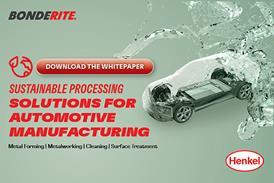
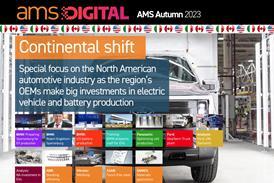

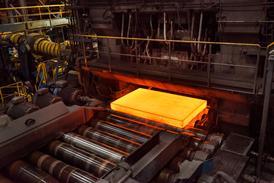
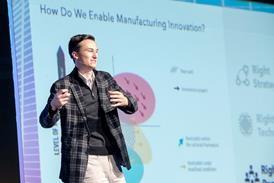

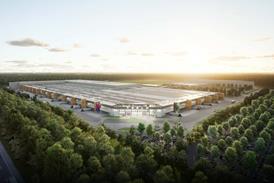
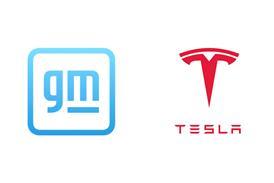


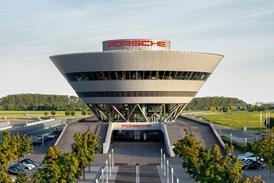
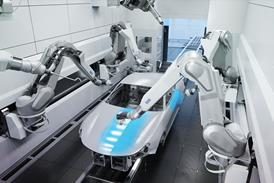
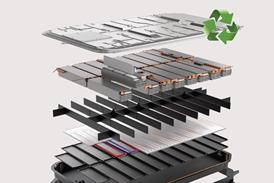
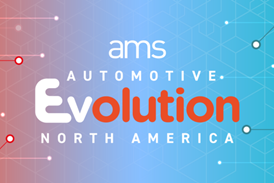

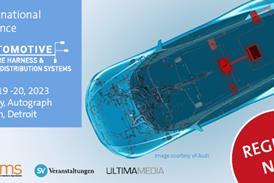
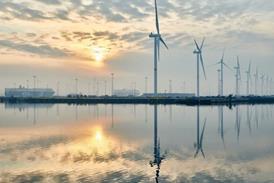





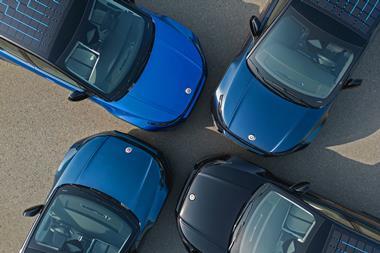
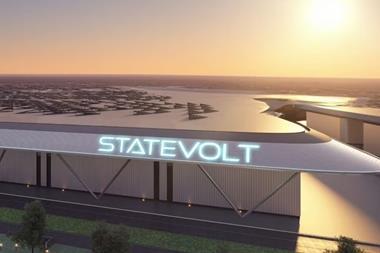
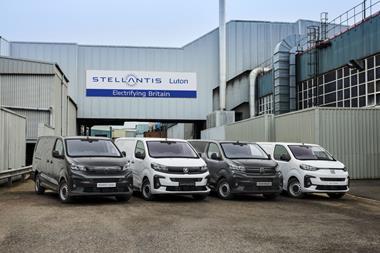
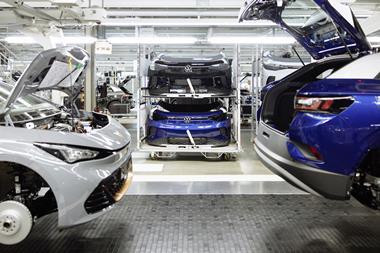
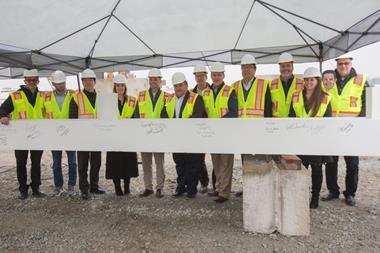
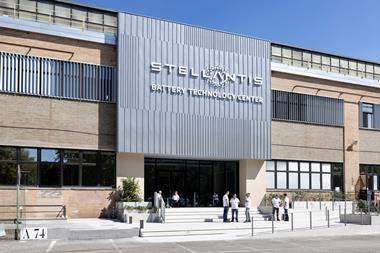



No comments yet